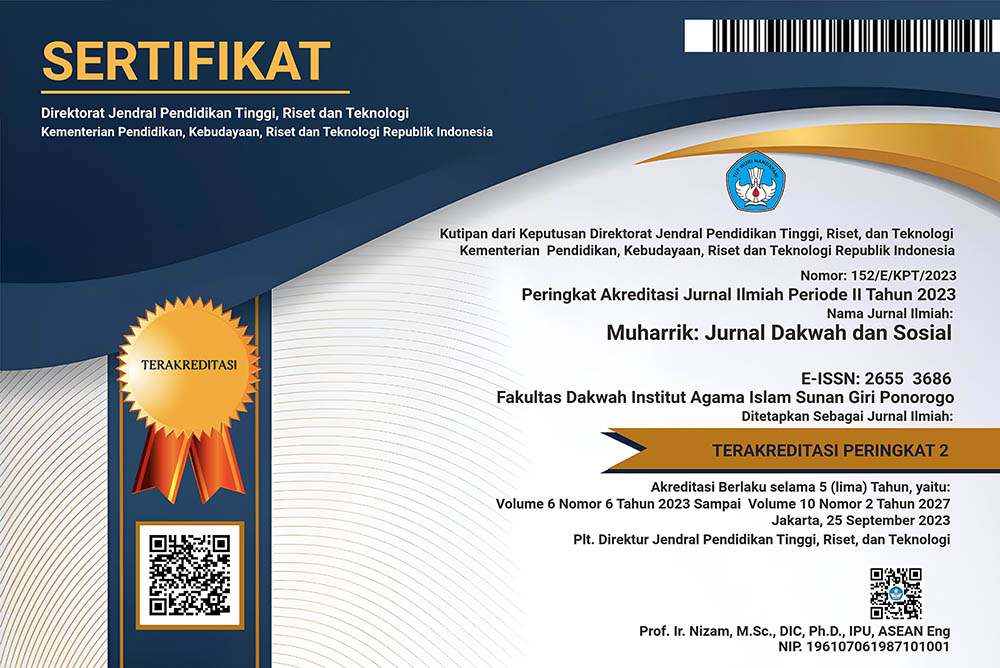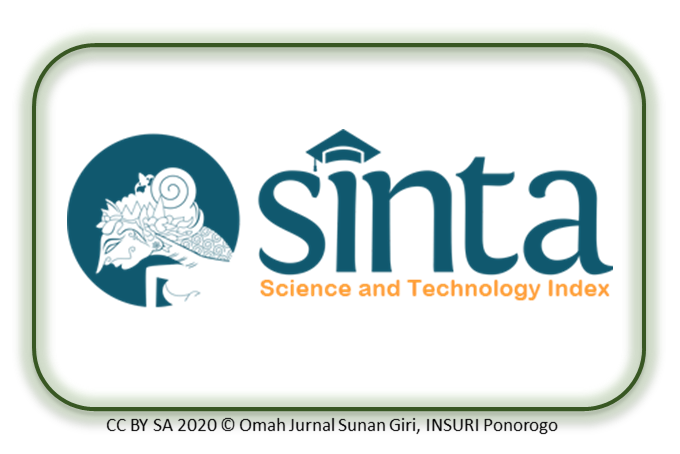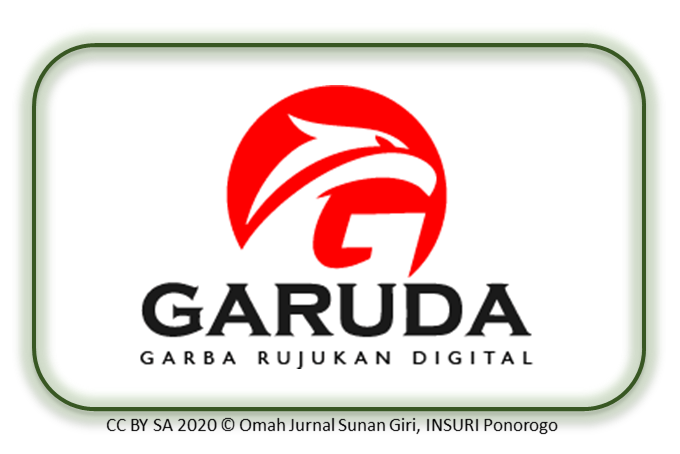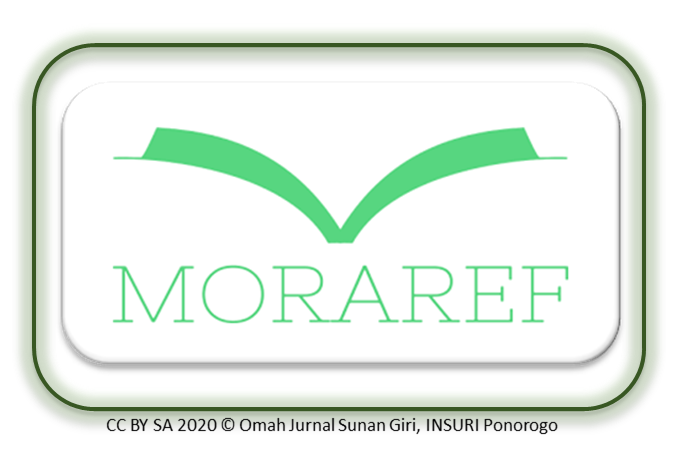Islamic Communication Approach in Managing Cross-Cultural Challenges Among Residents and Migrants in Aceh
Keywords:
Cross-cultural communication, Islam, Muslim CommunityAbstract
Cross-cultural communication often presents significant challenges in multicultural rural areas, such as Aceh Timur, where residents and migrants interact within the same community. These challenges frequently give rise to misunderstandings and social tensions stemming from differences in cultural norms and language barriers. This study explores the primary obstacles to effective communication, examines their impact on social harmony, and proposes strategies to enhance mutual understanding and foster peaceful coexistence. The research employs a qualitative approach, utilizing methods such as in-depth interviews, participant observation. Analysis of the data reveals recurring themes and underlying factors that shape communication dynamics. From an Islamic communication perspective, shared religious values serve as a strong foundation for building mutual respect and understanding. However, differences in cultural traditions, social norms, and language use often challenge the implementation of Islamic principles such as tolerance (tasamuh) and unity (wahdah). Misaligned expectations regarding social etiquette frequently lead to misunderstandings, conflicts in resolving disputes, and communication difficulties tied to language diversity. Nevertheless, initiatives rooted in Islamic communication ethics—such as cultural exchange programs emphasizing ukhuwah Islamiyah (Islamic brotherhood) and inclusive forums modeled on shura (mutual consultation)—have proven effective in strengthening relationships and reducing tensions. This study highlights the importance of integrating Islamic principles into community-led efforts to address cross-cultural communication issues. By presenting practical recommendations for fostering inclusivity and reducing conflicts, the findings offer valuable insights for policymakers and local leaders seeking to promote harmony, enhance social cohesion, and support sustainable development in culturally diverse rural settings.
Downloads
Published
Issue
Section
License
The author(s) retain/s the copyright and grant/s Muharrik: Jurnal Dakwah dan Sosial the first publication rights licensed under the Creative Commons Attribution-NonCommercial 4.0 International (CC BY-NC 4.0) , which allows others to access (search, read, download and quote), share (copy and redistribute the material in any media or format) and adapt (mix, modify and develop) works for legitimate non-commercial purposes, with recognition of the authorship of the work and its initial publication in this journal.












